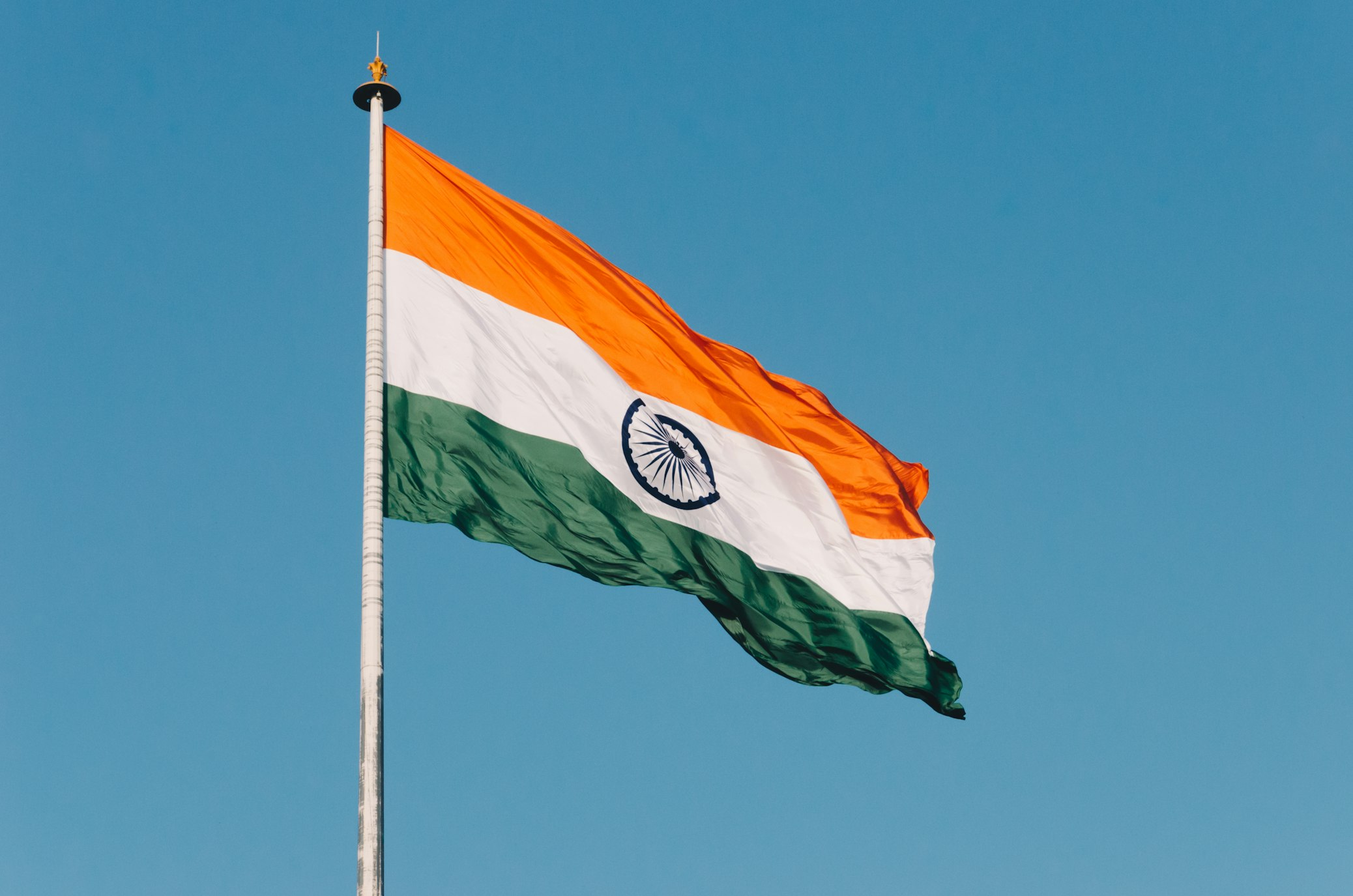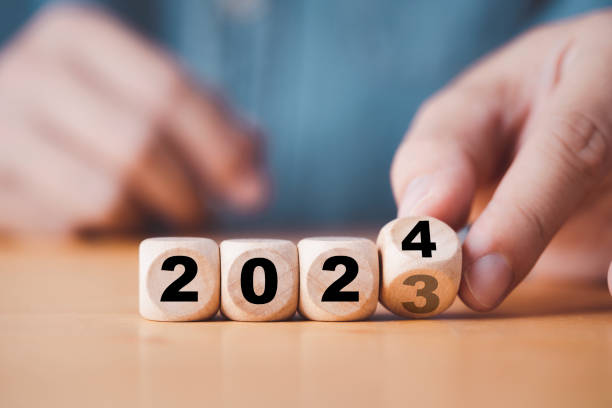As India approaches its next general elections, the world turns its eyes to this monumental democratic process, where it is expected that incumbent Prime Minister Narendra Modi will vie for an unprecedented third term. This electoral contest is not just a measure of political winds, but also a testament to the technological advancements that have revolutionized voting in the world's largest democracy.
When Modi was sworn in as the 14th Prime Minister of India in 2014, the employment of Electronic Voting Machines (EVMs) had already established itself as the backbone of the Indian electoral framework. Fast forward to the present day, and these devices, developed by the state-owned Electronics Corporation of India and Bharat Electronics, have become emblematic of the country's commitment to election automation.
The introduction of EVMs, which occurred between 1998 and 2001, marked a significant departure from the traditional use of paper ballots. The transformation was aimed at addressing and mitigating the prevalent electoral frauds that marred India's electoral integrity, such as booth capturing and ballot stuffing.
Studies and observational data over the years have consistently provided evidence that EVMs have successfully curbed fraudulent practices, notably reducing the incidence of false ballots and rejection rates due to unclear marking that were common with paper ballots.
EVMs have been instrumental in elevating the inclusivity of the electoral process. Post-poll surveys have shown a notable increase in turnout among vulnerable populations—including women, the elderly, and less-educated voters—pointing towards the empowering nature of the technology.
Despite the progress election administration has seen since the introduction of the technology, concerns about the integrity of India’s EVMs have been raised by experts. Madhav Deshpande, a prominent figure in the technology community, points out the vulnerabilities inherent in EVM technology, which, although not connected to the internet and hence not hackable, still leave room for manipulation. These concerns stem from the fact that EVMs are based on older technology that has not kept pace with advancements, leading to gaps that could potentially be exploited.
In the upcoming elections, with 900 million voters anticipated to participate, India's electronic voting system will again be at the forefront, consolidating its status as the standard and preferred method for conducting elections in the country. EVMs, with their proven track record, are set to play a pivotal role in what is to be the largest democratic exercise in history.


